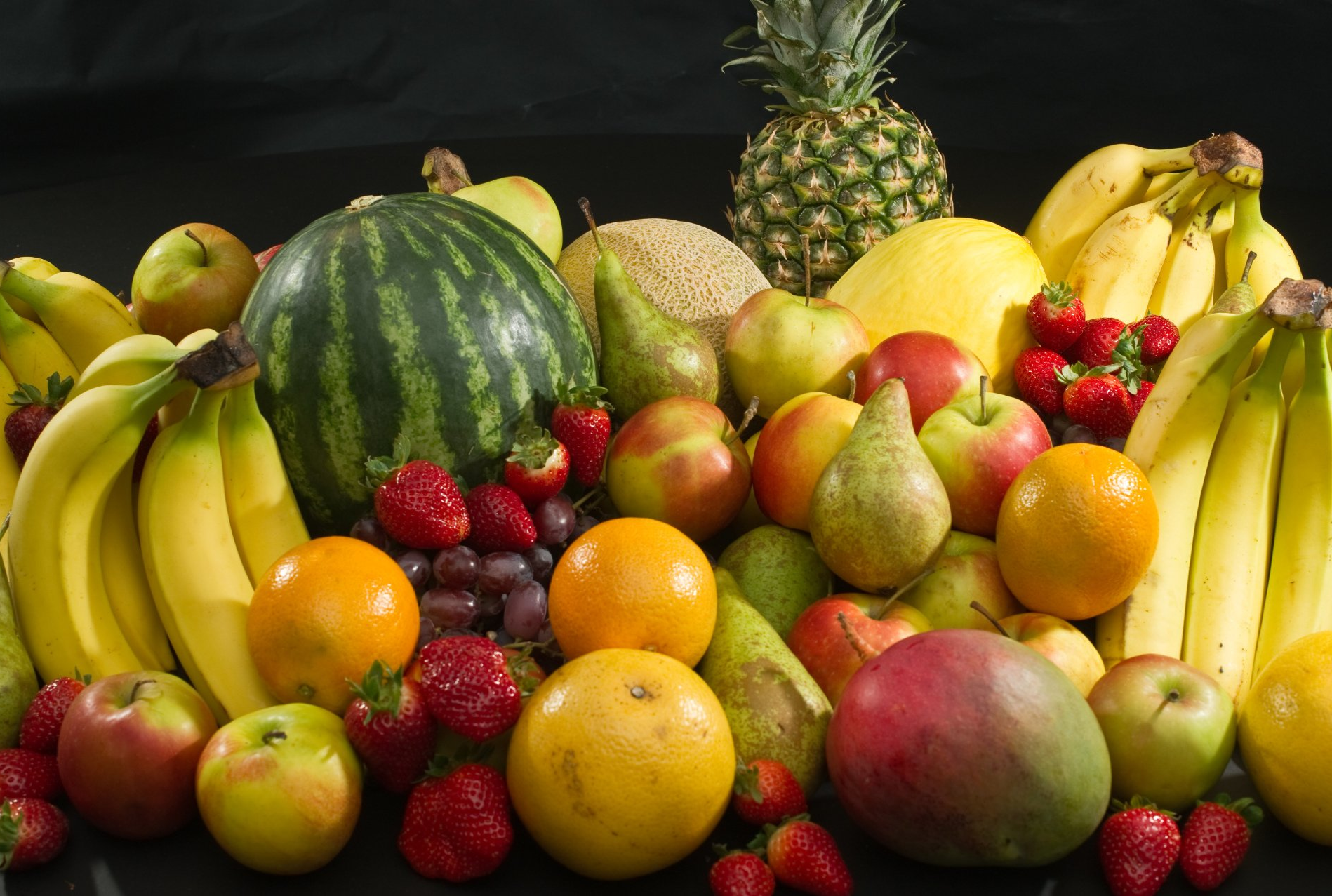What of Cultural Heritage?
- By kwende ukaidi
- •
- 06 Dec, 2023
- •
Celebrating the Harvest of All-Year-Round Cultivated Effort for Upright Ascension

A necessary part of soul people’s
continuum is their cultural heritage. All of the things usefully and
purposefully passed on or inherited from one generation to the next to empower
each collective recipient. As this people lived their norm of pinnacle
civilisation throughout the ages, the purposefulness of such things represented,
in some way, meaningfulness and empowerment to their self-determined and highly
civilised living. Thus, there is
naturally and inherently a level of discernment of uprightness in what is
intentionally produced to be something of cultural heritage and what is
usefully received, functions and deemed as cultural heritage.
A contemporary mainstream source defines cultural heritage in the following way:
“Cultural heritage is the heritage of tangible and intangible heritage assets of a group or society that is inherited from past generations. Not all heritages of past generations are "heritage"; rather, heritage is a product of selection by society”.
Another mainstream source also offers the following detail:
“Cultural heritage often brings to mind artifacts (paintings, drawings, prints, mosaics, sculptures), historical monuments and buildings, as well as archaeological sites. But the concept of cultural heritage is even wider than that, and has gradually grown to include all evidence of human creativity and expression: photographs, documents, books and manuscripts, and instruments, etc. either as individual objects or as collections. Today, towns, underwater heritage, and the natural environment are also considered part of cultural heritage since communities identify themselves with the natural landscape.
Moreover, cultural heritage is not only limited to material objects that we can see and touch. It also consists of immaterial elements: traditions, oral history, performing arts, social practices, traditional craftsmanship, representations, rituals, knowledge, and skills transmitted from generation to generation within a community”.
In a state of interruption and disruption, discernment is of critical importance to Afrikan souls - as is highlighted as ‘selection’ in the first definition. Here, the amount of damage that may be inflicted upon the highly civilised norm of Afrikan souls by others that mean the Afrikan ill can have a negative correlation to what is deemed worthy of being considered as cultural heritage. Bogusly, it can be the things of a destructive pseudo-culture that are misconstrued or wrongfully positioned as being of empowerment as something of cultural heritage.
It is through the restorative efforts of Afrikan souls themselves to recover self-knowingness and their highly civilised norm that the things of genuine empowerment can be rightfully claimed as cultural heritage. With self-knowingness the extensive list of example items detailed in second definition can surely be realised both as recipients and as producers.
Clearly, the onus is on this primary people of creation to bring their cultural heritage to fullest fruition with the upright and informed-of-self application of their lives. In this, learning and development is key that surely must enacted with self-determined effort. Bearing in mind that cultural heritage has its function and purpose which may be revealed more explicitly if the word cultural is changed to civilised to yield civilised heritage or even heritage of civilisation.
Kwanzaa is one of the essential cultural observances of life within the Universal Royal Afrikan Nation. The Universal Royal Afrikan Nation (URAN) is an Afrikan-centred spiritual and cultural mission for ascendancy that embodies living spiritually and culturally rooted life. To find out more about URAN and its spiritual-cultural mission for liberty and nationhood click here. The exquisite URAN pendant can be obtained online by clicking here.
In his capacity as an Afrikan-centred spiritual cultural practitioner this author is available for further learning in this regard and also for the carrying out of ceremonies such as naming and name reclamation. For details please click here.
Afrikan World Studies programmes are an important forms of study in understanding the Afrikan experience. There are a range of subjects covered on these programmes including History, Creative Production, Psychology and Religion. To find out more about these learning programmes please click here. For the video promo for these learning programmes click here.
Also, in the approach to the important cultural observance of Kwanzaa, the text: From Pert-En-Min to Kwanzaa - A Kuumba (Creative) Restoration of Sacred First Fruits by this author is available to purchase online here. This publication provides informative detail on the of the Kwanzaa celebration. You can also visit the institution of Yemanja to pick up a copy.
At nominal cost, also consider acquisition of an a4 laminate poster of articulations by this author when visiting the Yemanja-O establishment to enrol, consult, learn, gather or otherwise.
Also, visit www.u-ran.org for links to Afrikan liberation Love radio programme on Universal Royal Afrikan Radio online.
